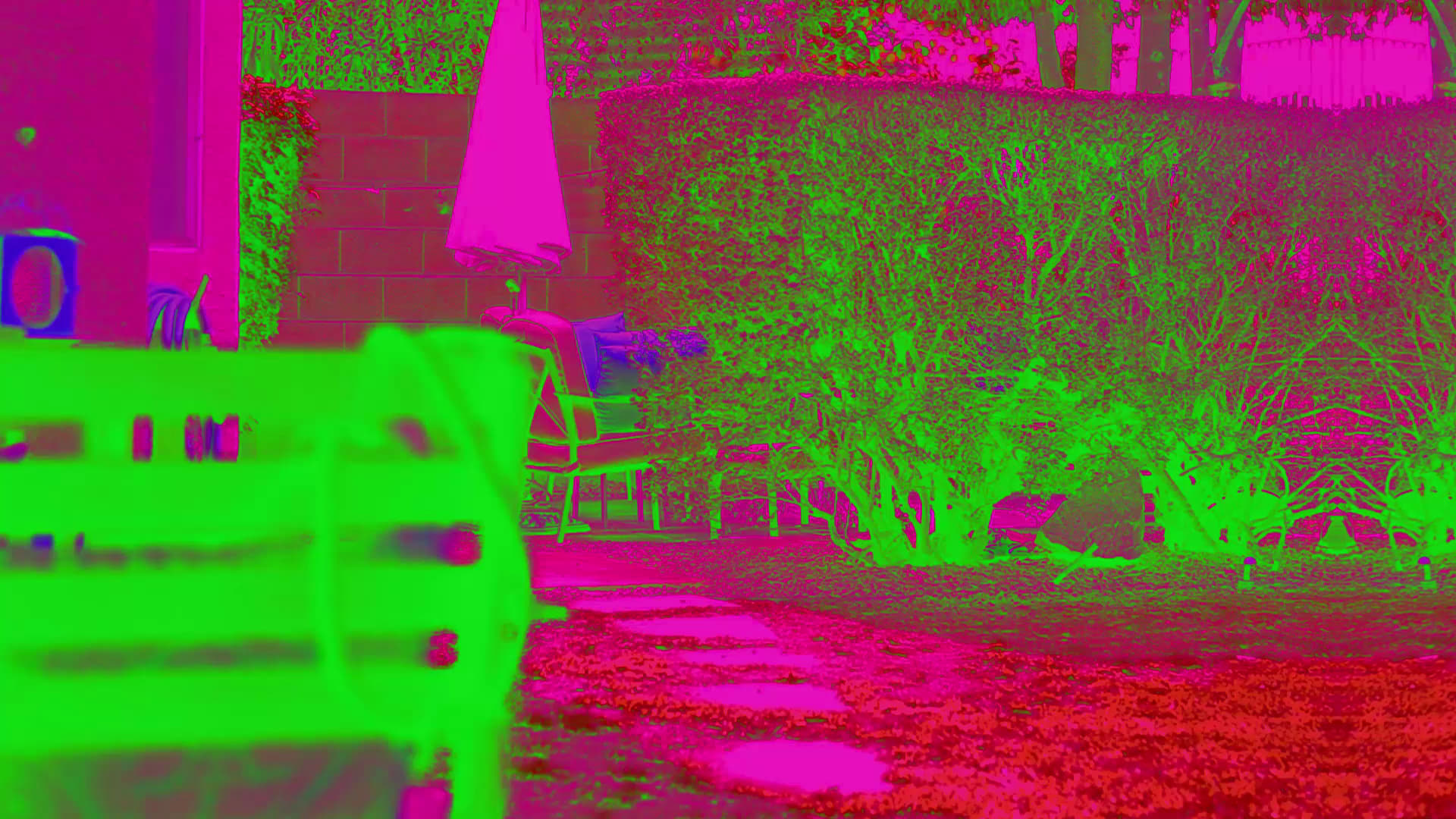--- -------- (Rock and Roll Movie)
A documentary about rock 'n' roll. The Canned Heat, City Lights, Seeds of Time, LA Tymes, Llyn Foulkes, Charlie Watts, Chris & Craig, Duke of Earl, Seeburg, Wurlitzer, The Trip, The Lynch Bldg., Top's, Pandora's Box, Maverick's Flat, someone's backyard. Riot in cell block number nine, riot on Sunset Strip. Hotrod, coin slot, go cart, bomp club. Hound Dog Man, King Creole. Kim Weston, The Shangri-Las, The Supremes, Earl - Jean. The Rainbows, Wolfman Jack, Ernie Bushmiller, Jimmy Reed, Ray Charles, The Who, The Coasters. Standing at the crossroads of love. Fats Domino, Chuck Berry, John Cale, Screaming Jay Hawkins, Howlin Wolf, James Brown - The King. Wax reclamation. Frankie Avalon, The Beatles, The Yardbirds, Great Balls of Fire, an early clue to a new direction. Standing, walking, jumping, singing, surfing. Radio, jukebox, scopitone, pinball, poolhall. Mick Jagger/Earth Angel. Preserved by the Academy Film Archive in 2008.
